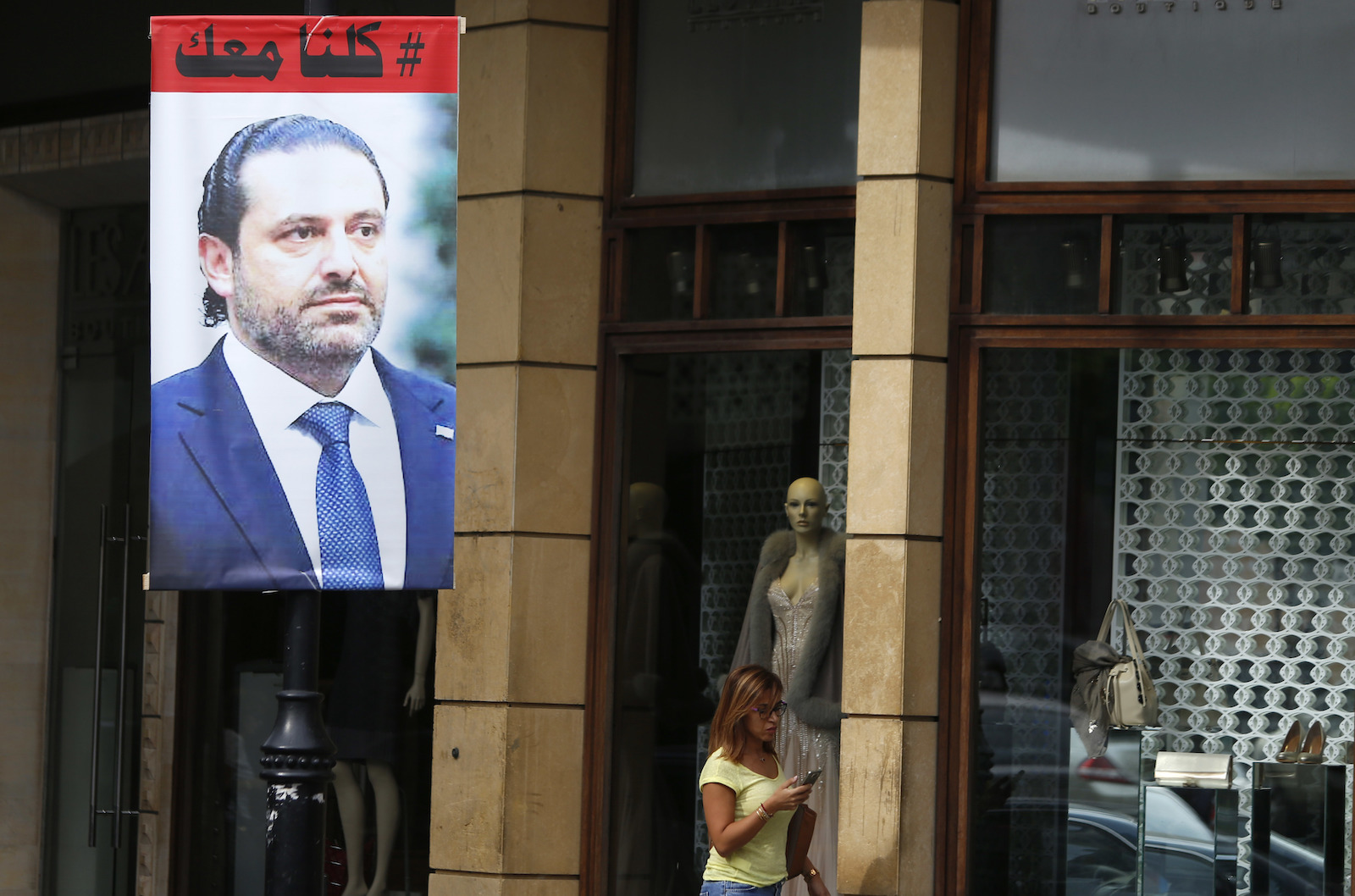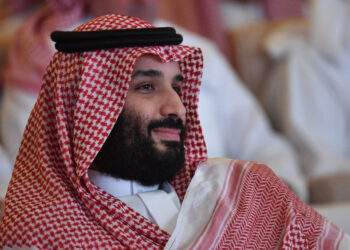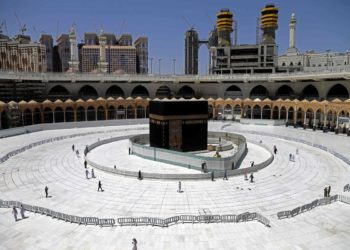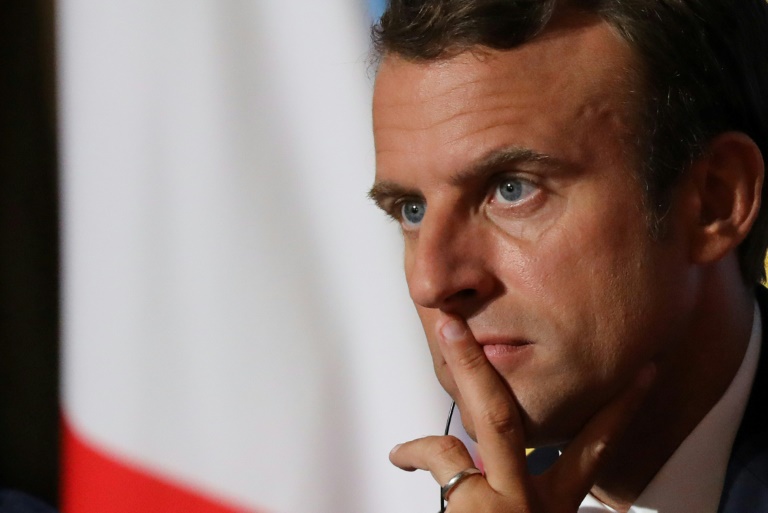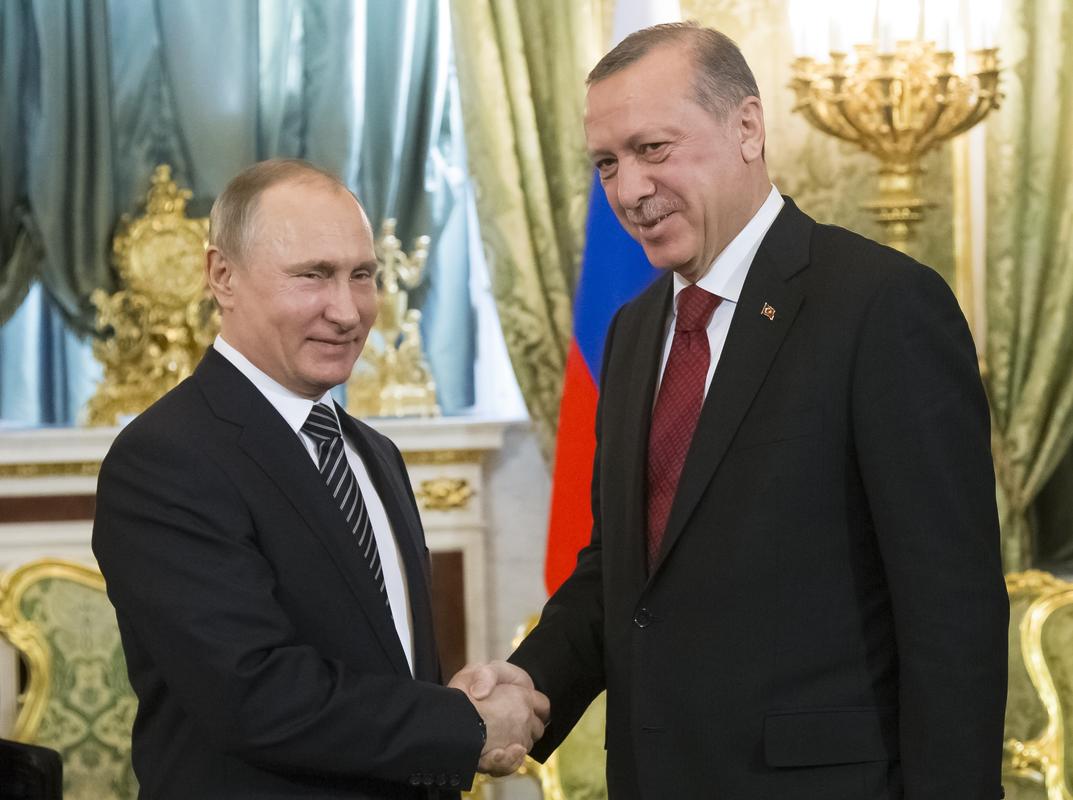French President Emmanuel Macron on Friday warned regional powers against meddling in Lebanon at a international meeting aimed at fending off pressure on the fragile country from rivals Iran and Saudi Arabia.
U.S. Secretary of State Rex Tillerson attended the talks in Paris with Lebanese Prime Minister Saad Hariri, whose shock resignation last month – which he has since rescinded – sparked fears of a new crisis in the Middle East.
Opening the meeting, Mr. Macron said it was “essential that all of the parties in Lebanon and regional actors respect the cardinal principle of non-interference” in the affairs of other countries.
The five permanent members of the U.N. Security Council, along with Germany, Italy and Egypt, sent representatives to the talks, which were to discuss economic and humanitarian support for the former French territory.
They took place against a backdrop of rising tensions in the Middle East linked to U.S. President Donald Trump‘s decision to move the American embassy to Jerusalem, an announcement that was condemned again by Mr. Macron and Mr. Hariri.
“It complicates the peace process even more (between Israel and the Palestinians) and creates a new challenge to regional security,” Mr. Hariri said in opening remarks at the meeting.
Mr. Macron added: “None of the region’s problems will be resolved by unilateral decisions or the strongest imposing their will.”
Saudi Arabia was suspected of pressuring Mr. Hariri, a longtime ally, to resign on November 4 as part of its attempts to counter growing Iranian influence in the region.
In an unusual televised resignation statement made from Riyadh, Mr. Hariri lambasted Tehran and its Lebanese ally, the powerful armed movement Hezbollah, for destabilising his country.
A Lebanese source close to Mr. Hariri told AFP that the premier traveled to Riyadh believing he was going to discuss economic projects but instead “found himself faced with a list of economic sanctions brandished by the Saudis against Lebanon.”
Saudi Arabia and other Arab states accuse Iran of using armed proxies such as Hezbollah to expand its influence the region, from Lebanon to Yemen to Syria and Iraq.
Mr. Hariri remained in Riyadh for two weeks after his resignation speech, fuelling speculation that he was being held hostage.
Mr. Macron then intervened, inviting him to Paris for talks, after which Mr. Hariri returned home to a hero’s welcome.
“Lebanon’s stability is not only crucial for its inhabitants but for the entire region,” Mr. Macron said Friday, demanding that the sovereignty of the small multifaith country, long a proxy battleground between its bigger neighbours, be respected.
Mr. Hariri said the fragile stability enjoyed by his country, which neighbors Syria, “appeared like a small miracle” in a region plagued by conflict.
“The desire of all in Lebanon is to save our democracy,” he said.
Hasni Abidi of the Geneva-based CERMAM research centre, which specialises in Arab affairs, described the gathering as “a sort of consecration, a re-legitimisation for Mr. Hariri”.
“The international community is validating a return to normal for Hariri,” he told AFP.
Riyadh’s power play paradoxically led divided Lebanese factions to come together in order to avoid a political breakdown.
After consultations with various parties, including Hezbollah, Mr. Hariri announced Tuesday that he was withdrawing his resignation.
His cabinet members issued a joint statement to reaffirm their commitment to “dissociation” from regional conflicts, apparently putting an end to the month-long Hariri saga.
After Friday’s talks Hariri will give a joint press briefing with French Foreign Minister Jean-Yves Le Drian and Amina Mohammed, the U.N. deputy secretary general.
The International Support Group for Lebanon, which will meet in Paris on Friday, was launched in September 2013 partly in response to the huge influx of refugees from the conflict in neighboring Syria.


